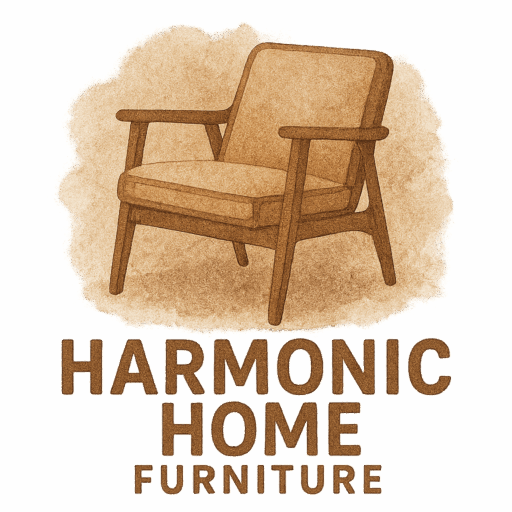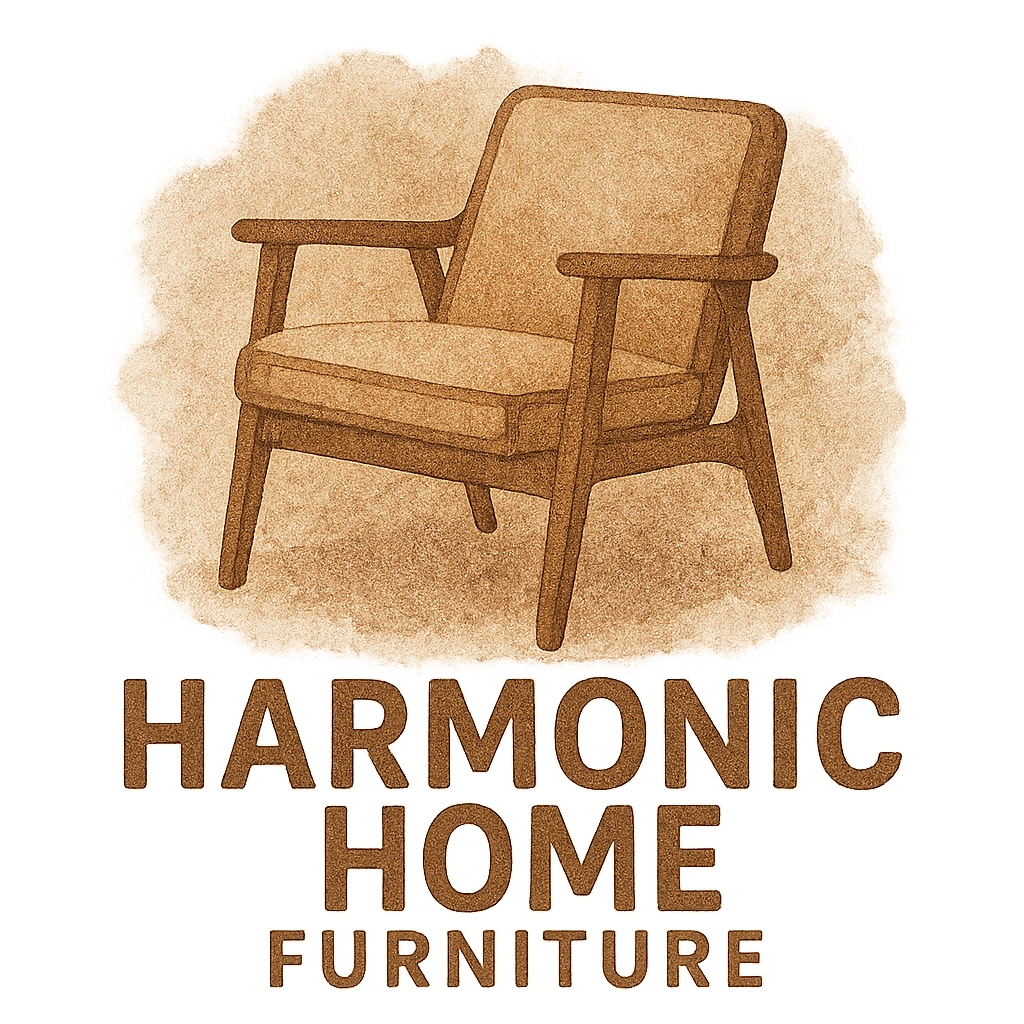Introduction to Sideboard Styles
Sideboards are more than just storage furniture—they’re a secret weapon for creating harmonious home living. Whether you want to declutter your dining space or enhance your living room, the right sideboard can add both function and charm. With so many furniture styles available, choosing the perfect fit can feel overwhelming. That’s why we’ve rounded up 10 sideboard styles to help you design a balanced, stylish home.
Why Sideboards Are Essential in Modern Homes
The Balance Between Style and Storage
A sideboard isn’t just about storage—it’s about furniture that balances functionality and design. Unlike bulky cabinets, sideboards give you space to organize while blending seamlessly with your décor.
Functionality Meets Aesthetic Appeal
Sideboards provide a spot for everyday items while doubling as a decorative anchor in your room. Styled with plants, art, or lamps, they become a statement piece. For inspiration, browse through current furniture trends to see how homeowners are elevating their spaces.
Classic Sideboard Styles
Traditional Wooden Sideboards
Classic wooden sideboards in oak, walnut, or mahogany never go out of style. They’re sturdy, elegant, and versatile, making them ideal for both traditional and transitional homes.

Solid Oak and Mahogany Finishes
Solid oak brings a natural, grounded vibe, while mahogany offers rich sophistication. Pair them with formal dining sets for timeless charm.
Vintage and Antique Sideboards
If you want furniture with character, antique sideboards are unbeatable. Their carvings and craftsmanship tell a story no new piece can replicate.
Adding Character to Contemporary Interiors
Mixing old with new creates contrast—like pairing a vintage sideboard with a modern living room setup for a layered aesthetic.
Modern Sideboard Styles
Minimalist Sideboards
Minimalist sideboards are sleek, functional, and clutter-free. Their clean lines and neutral tones make them a go-to for contemporary homes.
Clean Lines and Neutral Palettes
Choose matte white or black finishes to keep the look fresh and simple. Perfect for small apartments where space is at a premium.
Scandinavian Sideboards
Scandi-style sideboards are light, airy, and practical. They embody the cozy, welcoming hygge vibe.
Light Woods and Subtle Accents
Think pale birch, tapered legs, and subtle textures. To complete the Nordic look, explore other modern home furniture styles.
Industrial Sideboards
Industrial sideboards combine rugged charm with urban chic. They often feature reclaimed wood and black metal.
Metal Frames and Reclaimed Wood
These pieces shine in loft apartments or rooms with exposed brick. Learn more about mixing materials in our furniture sets guide.
Artistic and Bold Sideboard Styles
Mid-Century Modern Sideboards
Sleek lines, tapered legs, and retro vibes—mid-century sideboards are forever fashionable.
Retro Vibes with Sleek Legs
They work beautifully in eclectic or minimalist homes, making them one of the most versatile sideboard styles available.
Contemporary Glass or Mirrored Sideboards
Want a touch of glamour? Glass or mirrored sideboards add sparkle and visual space.
Reflective Surfaces for Spacious Appeal
Perfect for small homes—mirrored surfaces bounce light around, creating the illusion of a larger room.
Bohemian-Inspired Sideboards
Boho-style sideboards embrace color, texture, and handcrafted artistry.
Eclectic Colors and Handcrafted Details
Pair them with layered textiles for a cozy, lived-in vibe. For other eclectic options, check our smart furniture ideas.
Luxury and High-End Sideboard Styles
Marble-Top Sideboards
A marble-topped sideboard screams sophistication. Pair it with gold accents for maximum elegance.
Elevating Elegance in Dining and Living Areas
This sideboard style fits perfectly in formal dining rooms, creating a luxurious focal point.
Smart Furniture Sideboards
Technology meets storage with smart sideboards featuring charging ports, lighting, or built-in sound systems.
Tech-Integrated Storage Solutions
Future-proof your home with furniture that blends beauty and innovation. Explore more recliner tech and smart solutions for modern living.
How to Choose the Perfect Sideboard
Matching with Existing Furniture
Your sideboard should complement—not clash with—your other furniture. For help, browse our buying tips.
Considering Room Size and Layout
Measure carefully—oversized sideboards can overwhelm small rooms, while tiny ones can feel lost in large spaces.
Balancing Storage and Design
Choose closed storage if you want clutter hidden, or open shelving for displaying décor.
Sideboard Styling Tips
Decorating with Art, Plants, and Lamps
Sideboards make the perfect base for layered décor. Try a bold painting, trailing greenery, or a sculptural lamp.
Layering with Mirrors and Wall Décor
Adding a mirror above your sideboard reflects light and creates the illusion of extra space.
Maintenance and Care for Longevity
Cleaning and Polishing Materials
Different sideboard materials require unique care. Wooden ones need polishing, while mirrored surfaces need streak-free sprays. See our furniture maintenance guide for pro tips.
Protecting Surfaces from Damage
Always use trays, placemats, or coasters to prevent scratches and stains. If your sideboard suffers wear, explore our repair advice.
Conclusion
From traditional wooden sideboards to futuristic smart designs, sideboards have evolved into versatile, stylish essentials for modern homes. The right choice blends function with flair, helping you achieve harmonious home living while showcasing your personal style. Whether you’re drawn to minimalism, luxury, or eclectic creativity, there’s a sideboard style waiting to complete your home.
FAQs
1. What is the best sideboard style for small spaces?
Minimalist or mirrored sideboards—they maximize space without overwhelming it.
2. Can a sideboard work outside the dining room?
Yes! Many homeowners use sideboards in living rooms, hallways, or even bedrooms.
3. Are vintage sideboards worth buying?
Absolutely. They bring character and durability that new pieces can’t always match.
4. How do I style a sideboard without cluttering it?
Use the “rule of three”—group items in odd numbers for balance.
5. Which materials last the longest for sideboards?
Solid wood and marble-topped styles are both highly durable.
6. Do smart sideboards require a lot of power?
Not at all. Most use low-energy tech like LED lights or USB charging ports.
7. How do I keep my sideboard looking new?
Regular dusting, polishing, and using protective mats go a long way.


